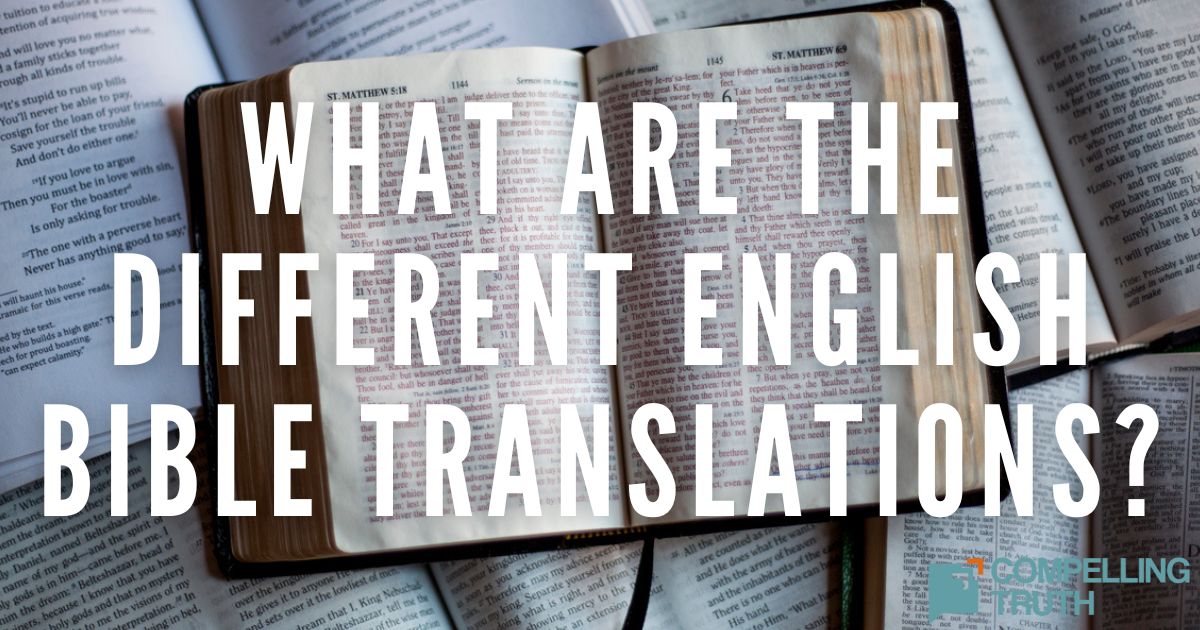what does the bible say?
The 1611 King James Version (KJV) of the Bible, written in Early Modern English—the same as Shakespeare—was a groundbreaking translation that made Scripture widely accessible, but over four hundred years, many of its words have shifted in meaning. Words like “replenish” (Genesis 1:28), “conversation” (Ephesians 4:22; Psalm 37:14), “closet” (Matthew 6:6), “compel” (Acts 26:11), and “cousin” (Luke 1:36) carried nuances in 1611 that differ significantly from modern usage, often leading to potential misunderstandings if read without context. Other examples include “doctors” meaning teachers (Luke 2:46), “instant” meaning urgent (Romans 12:12), and “leasing” meaning deceit (Psalm 4:2). These shifts highlight the importance of careful study, slowing down while reading, and cross-referencing with modern translations or study tools to grasp the original meaning of God’s Word accurately. Using the KJV thoughtfully allows readers to appreciate its literary and historical beauty while ensuring they understand Scripture faithfully. Engaging with God’s Word requires both reverence for its history and attention to linguistic change over the centuries, staying relevant yet accurate so God’s Word can be understood and applied.




